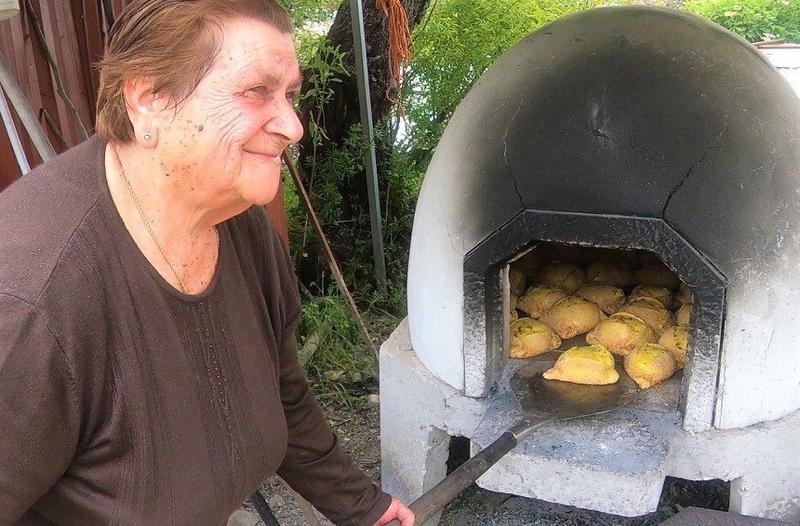
Its cheese is like no other. Its flavors are all special and unique: mint, mastic, and machlepi all leave their trace. Crispy pastry, a fluffy filling with plenty of eggs, and raisins and sesame seeds covering its surface, all come together to create the popular, traditional treat, the flaouna.
Sometimes this pastry is even called vlaouna. In the now-occupied Karavas area, they would use the word fesouthkia, while in the Karpasia villages, such as Rizokarpaso and Lithrangomi, flaounes were called aflaounes. The essence – and its deliciousness – does not change, of course, but the flaouna name is certainly a mystery which holds additional evidence of the various cultural influences on the island.
The word is considered to have originated from the ancient Greek 'palathi,' a pie with figs or other dried fruits, which was called 'fladonis' in the Roman tradition. The British would later call it a 'flaon,' which then became 'flan,' and finally ended up as flaouna in Cyprus.
Traditionally, 'flaouna' is baked in the dome-like wood oven that almost every house has in the countryside.
According to some other research, the word flaouna comes from the Greek verb 'flao,' which means 'to grieve.' The word is also used in Greece, especially in the mountainous Peloponnisos, where flaouna is a type of pie cooked on a slab, which is heated on burning charcoals.